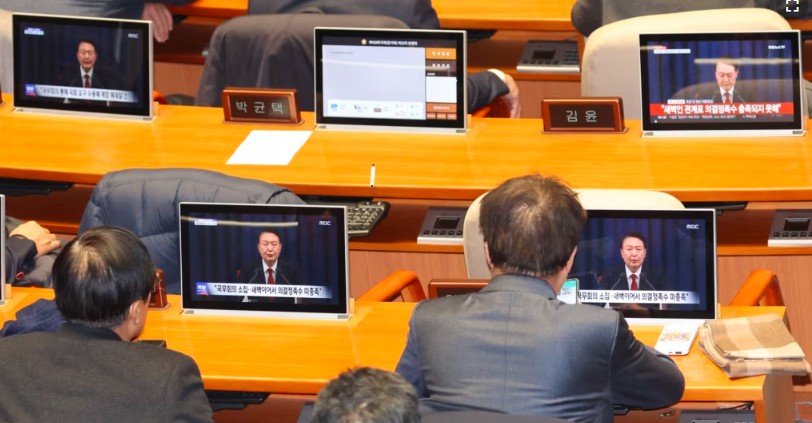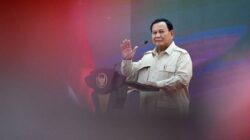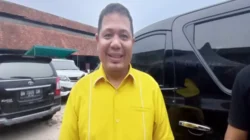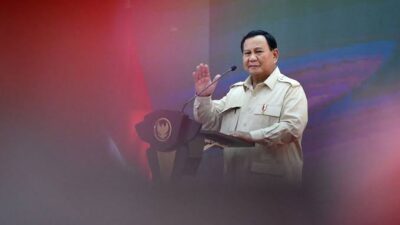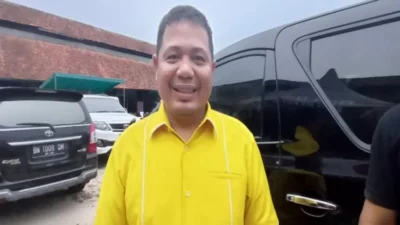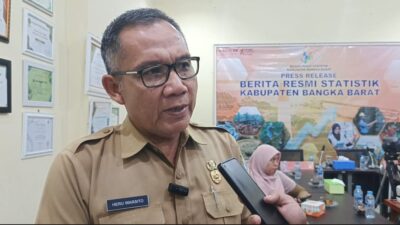SEOUL, SOUTH KOREA — Opposition lawmakers on Wednesday called for South Korean President Yoon Suk Yeol to resign, hours after he briefly imposed martial law. Yoon’s unexpected move has rocked the country.
The Democratic Party said in a statement that Yoon’s action was a “grave violation” of the country’s constitution.
“It is a serious act of rebellion and provides a perfect reason for his impeachment,” the statement said.
The party further said that if Yoon does not resign, it will “immediately initiate impeachment proceedings in accordance with the will of the people.”
Yoon’s office said Wednesday that senior advisers and presidential secretaries have offered to resign.
The turmoil rattled financial markets, sending the KOSPI index down more than 2.3 percent in early trading before recovering by midday.
In a speech Tuesday evening, Yoon justified his decision by citing the need to eradicate “anti-state forces” and “protect the constitutional democratic order.”
Less than six hours later, after the country’s parliament overturned the martial law decision, Yoon relented. He said the decree would be revoked and emergency military forces would be withdrawn.
The developments surprised political observers in South Korea, an ally of the United States. South Korea is accustomed to political deadlock, but not such drastic action. Tuesday’s declaration of martial law marked the first such imposition since South Korea transitioned to democracy in the 1980s.
The decree — which seeks to ban political activity and place the media under military control — prompted a fierce response in South Korea’s unicameral National Assembly, a legislature controlled by Yoon’s opponents.
Since taking office in May 2022, Yoon, a former chief prosecutor known for his outspoken rhetoric, has faced a bitter political battle with the opposition and consistently suffered low approval ratings.
His critics have seized on corruption allegations involving his wife, Kim Keon-hee, and accused him of persecuting the media. Yoon, in turn, has often portrayed his critics as North Korean sympathizers and “anti-state” forces.
